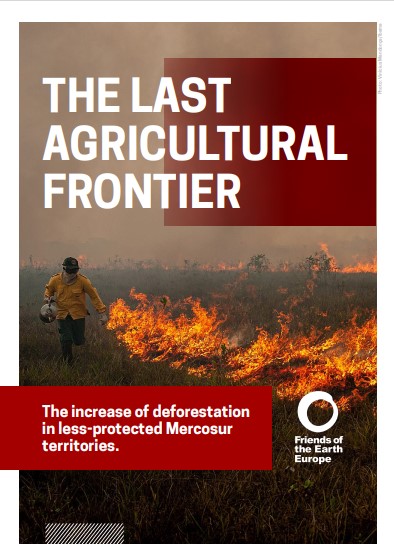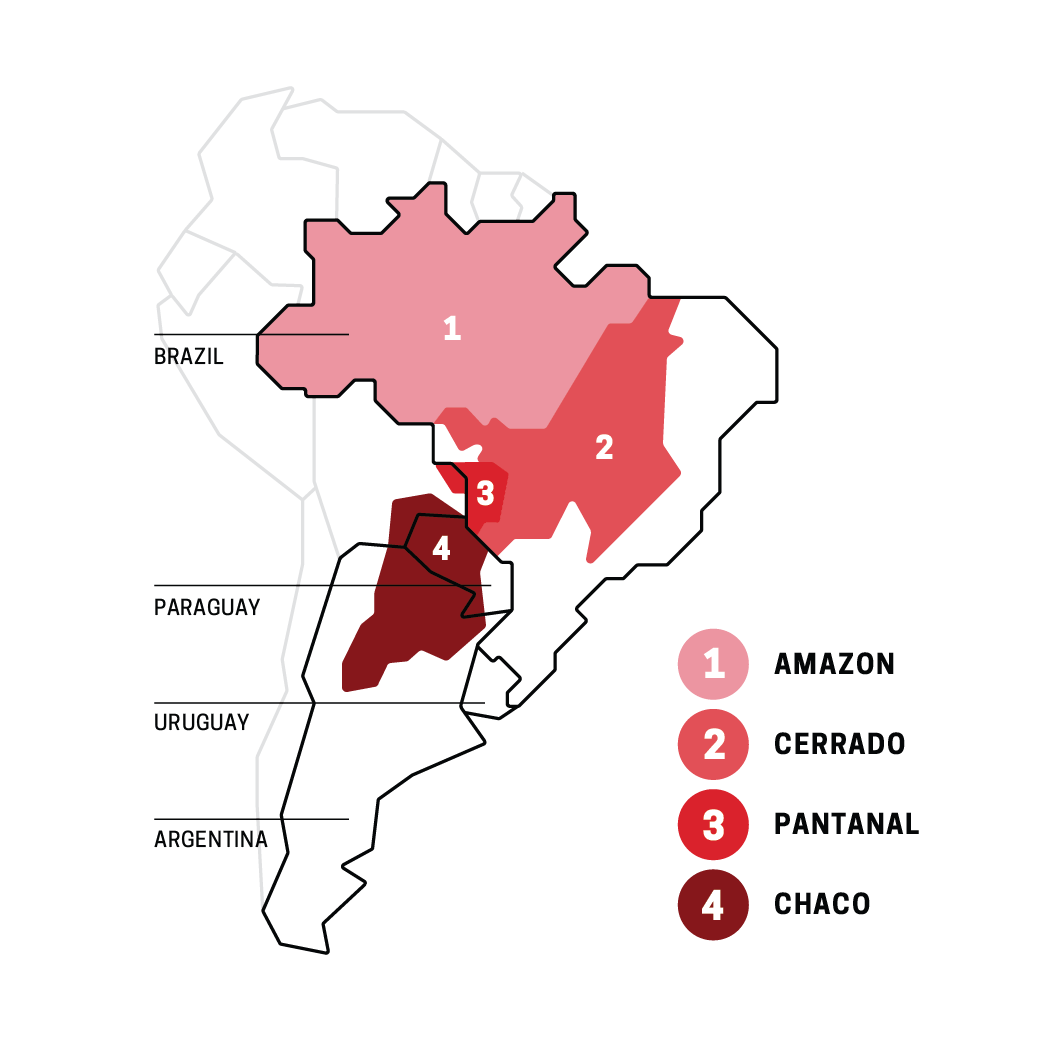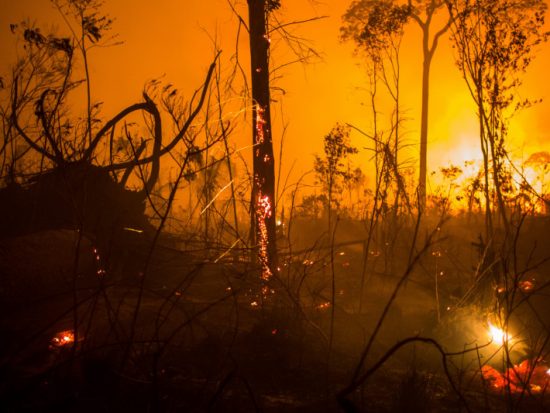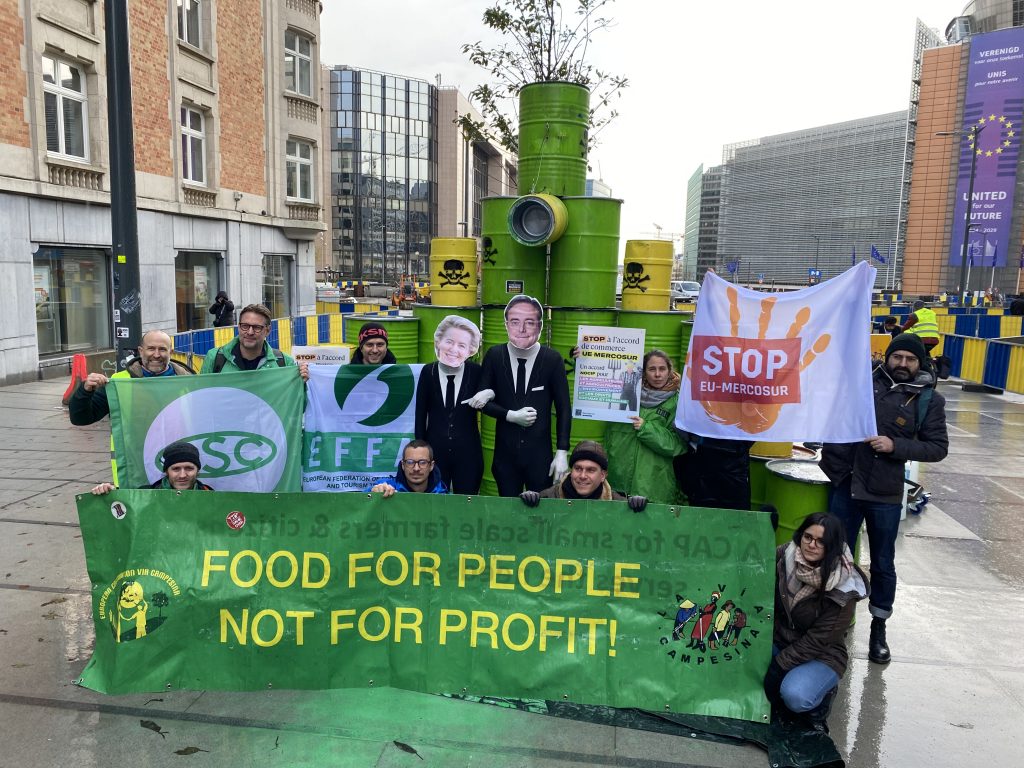
Important note: Regarding data on the Cerrado, data updated after the release of this fact sheet shows that deforestation for the month of September actually has grown 141% compared to the same month last year (not +89% as mentioned in the factsheet on page 3).
The deforestation increase in less-protected areas of Mercosur
While we celebrate progress made in the fight against deforestation in the Amazon preservation, the overlooked Cerrado, Pantanal, and Gran Chaco territories face an increasingly dire situation, driven by global agroindustry expansion. In the meantime, negotiations on the EU-Mercosur deal are speeding up, threatening those less-protected lands of Mercosur even more.
Despite their environmental importance – the Cerrado is the world’s most biodiverse savannah and the Panatal the world’s largest tropical wetland -, those ecosystems are not submitted to the same level of protection or attention that is currently granted to the Amazon. They are the ‘last agricultural frontier’ for big agri corporations seeking to shift their predatory activities away from the Amazon to other areas.

Not only is this agribusiness expansion an environmental disaster, it has also been repeatedly identified as a cause of land conflicts, human rights abuses and violence.
This situation is expected to worsen with the signing of a trade agreement between the European Union and Mercosur, which facilitates even greater pressure for beef, soy, and other products that impact the region’s environment and people.
This factsheet is the fourth in a series covering the most recent data and research on the situation of agribusiness and the environment in Mercosur throughout 2023. Read the first one here, the second here, and the third one here.
Related Content
We think you’d also like:

Stop the EU-Mercosur trade deal
The EU is close to finalising a climate-wrecking trade deal with Brazil, Argentina, Paraguay and Uruguay – known collectively as Mercosur. But there’s still time to stop it.







